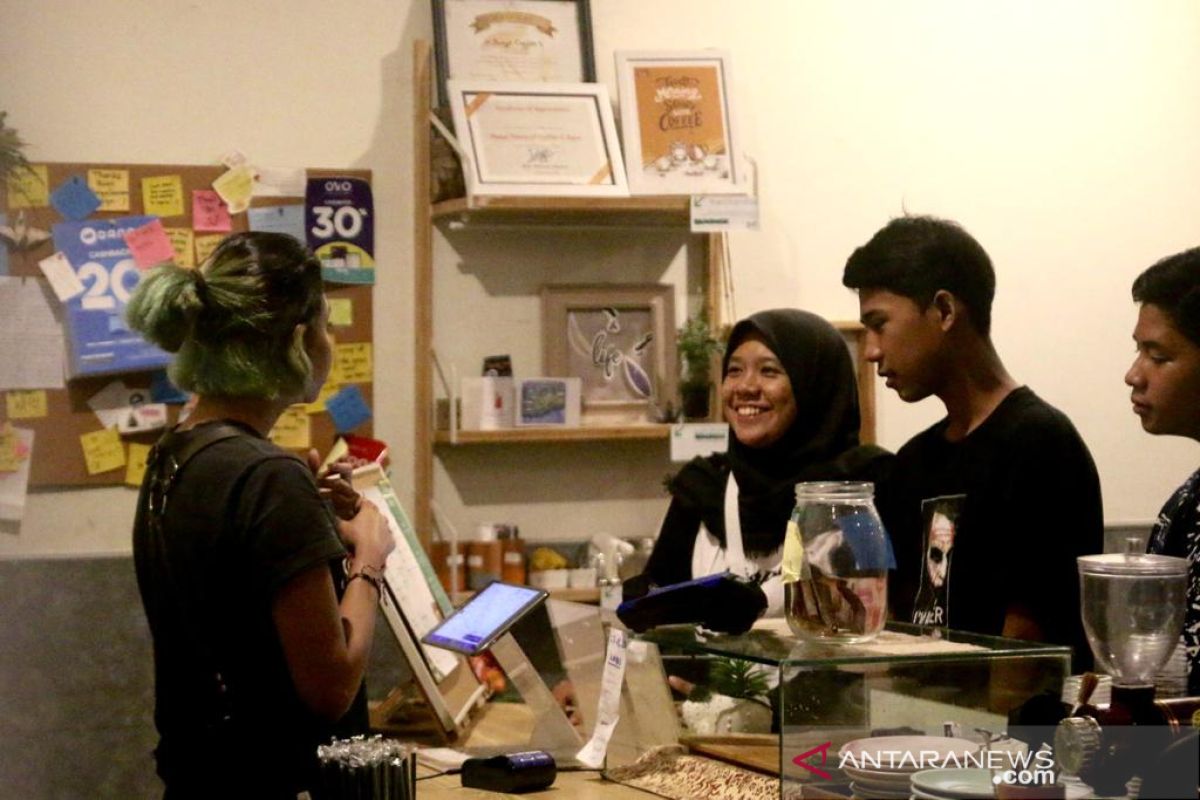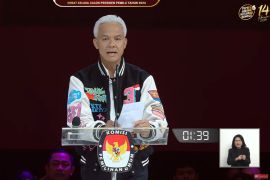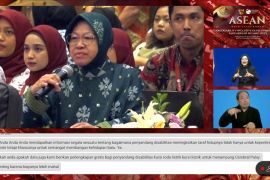People with disabilities are more likely to be unemployed than non-disabled people. Global data show that employment rates are lower for disabled men (53 percent) and disabled women (20 percent) than for non-disabled men (65 percent) and non-disabledJakarta (ANTARA) - "All human beings are born free and equal in dignity and rights. They are endowed with reason and conscience and should act towards one another in a spirit of brotherhood/sisterhood (The Universal Declaration of Human Rights, December 1948)."
For more than 70 years, the first article of the Universal Declaration of Human Rights (UDHR) has laid a foundation that "everyone has the right to a decent life, liberty, and the security of person" regardless of their physical appearance, nationality, race, belief, and genders. The historic document that has been translated to more than 500 languages also guarantees for whatever the reasons might be that no one shall be subjected to torture, cruel, inhuman, or degrading treatment and/or punishment.
However, putting the principles in action is never as simple as it sounds because many groups worldwide still struggle to enjoy their basic rights such as equal treatment in society, social security, universal healthcare, and/or access to a decent job.
Of all minorities that work hard to defend their rights, people with disabilities are among "the most marginalized groups in the world," the United Nations’ World Health Organization says. In its report on "10 facts on disability" published in 2017, the World Health Organization (WHO) remarked that over a billion people live with some form of disability. It indicates that about 15 percent of the world’s population have significant difficulties in functioning.
Another disturbing fact from the WHO’s report reveals, "People with disabilities are more likely to be unemployed than non-disabled people. Global data show that employment rates are lower for disabled men (53 percent) and disabled women (20 percent) than for non-disabled men (65 percent) and non-disabled women (30 percent)."
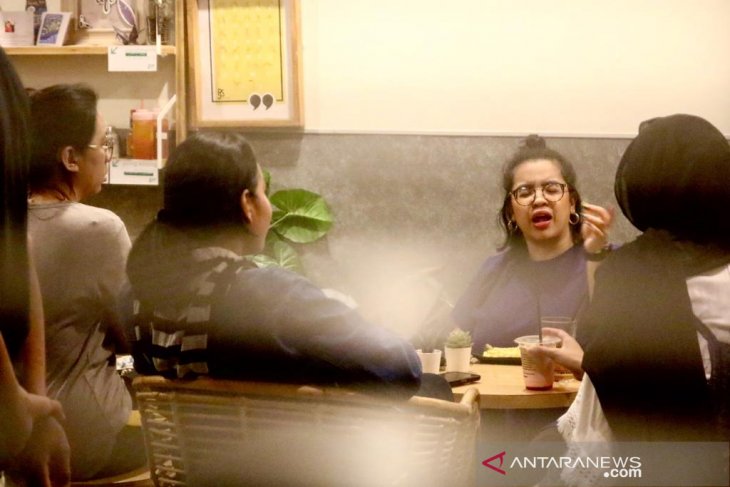
Unlike other conventions, the CRPD is the first legally-binding instrument "with comprehensive protection of the rights of persons with disabilities," the UN believed.
Instead of laying out only basic principles and norms, the CRPD goes further into details and practical guidance for world leaders and policy-makers. "For example, the convention requires UN member states to take measures to ensure the accessibility of the physical environment and information and communications technology (to people with disabilities). Similarly, states have obligations about raising awareness, promoting access to justice, ensuring personal mobility, and collecting disaggregated data relevant to the convention," the UN stated, cited the convention.
Five years since the document was adopted by the UNGA, Indonesia’s government began taking a concrete step on ratifying the CRPD into the Law No. 11 Year 2011, on the Ratification of the Convention on the Rights of Persons with Disabilities. Under the administration of the sixth President Susilo Bambang Yudhoyono (in office from 2004 to 2014), the Indonesian government reiterated its commitment on increasing accessibility to people with disabilities in the country.
Leave no one behind
Before the law, access to decent jobs was a privilege for people with disabilities as companies would prefer to hire employers with no health records. However, since the law came into force in 2011, all parties at the national level from the local governments, to the public and the private sector, must allocate special quota for people with disabilities during recruitment. In civil services recruitment, for example, at least two percent of the candidates must be people with disabilities.
In the 2019 civil services recruitment for Jakarta provincial office, at least 55 people with disabilities have been registered to participate in the first phase test. "Of the total 55 special participants, 23 are people with vision impairments and 32 others have other disabilities," South Jakarta City’s head of civil service office, Heri Dianto remarked this month.
During the test, all 55 participants will be assisted by at least four civil service officials. Therefore, they could join the test much like other participants.
Not only in civil service recruitment, but in the private sector also the government has asked for a special quota for people with disabilities. For instance, the Ministry of Social Affairs and the Jakarta-based PT Sari Burger Indonesia, which operates Burger King in Indonesia, have signed an agreement that the fast-food chain will recruit more people with disabilities as their employees.
"There will be at least two people hired in each (Burger King) outlet," the ministry's Director General of Social Rehabilitation, Edi Suharto, said in a statement this month.
Besides the government’s efforts, many have launched initiatives that aim to support people with disabilities in the country, one of which was laid out by the Sunyi Coffee House and Hope, a café in South Jakarta that employs all people with disabilities.
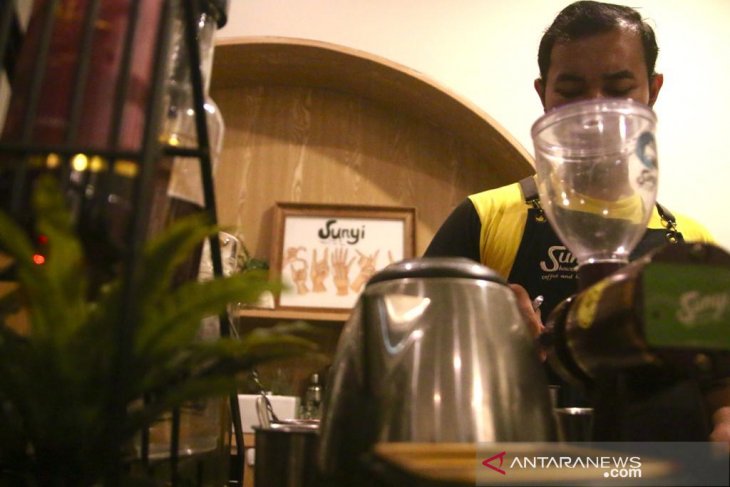
The thing with people with disabilities is that they never lie about their physical appearances or their limits in functioning. The real issue lies in how the environment, society, and the government is providing access to include them in mainstream services.
Related news: 55 disabled people join civil service recruitments
Related news: VP highlights govt's efforts for greater work access for disabled
Editor: Rahmad Nasution
Copyright © ANTARA 2020
